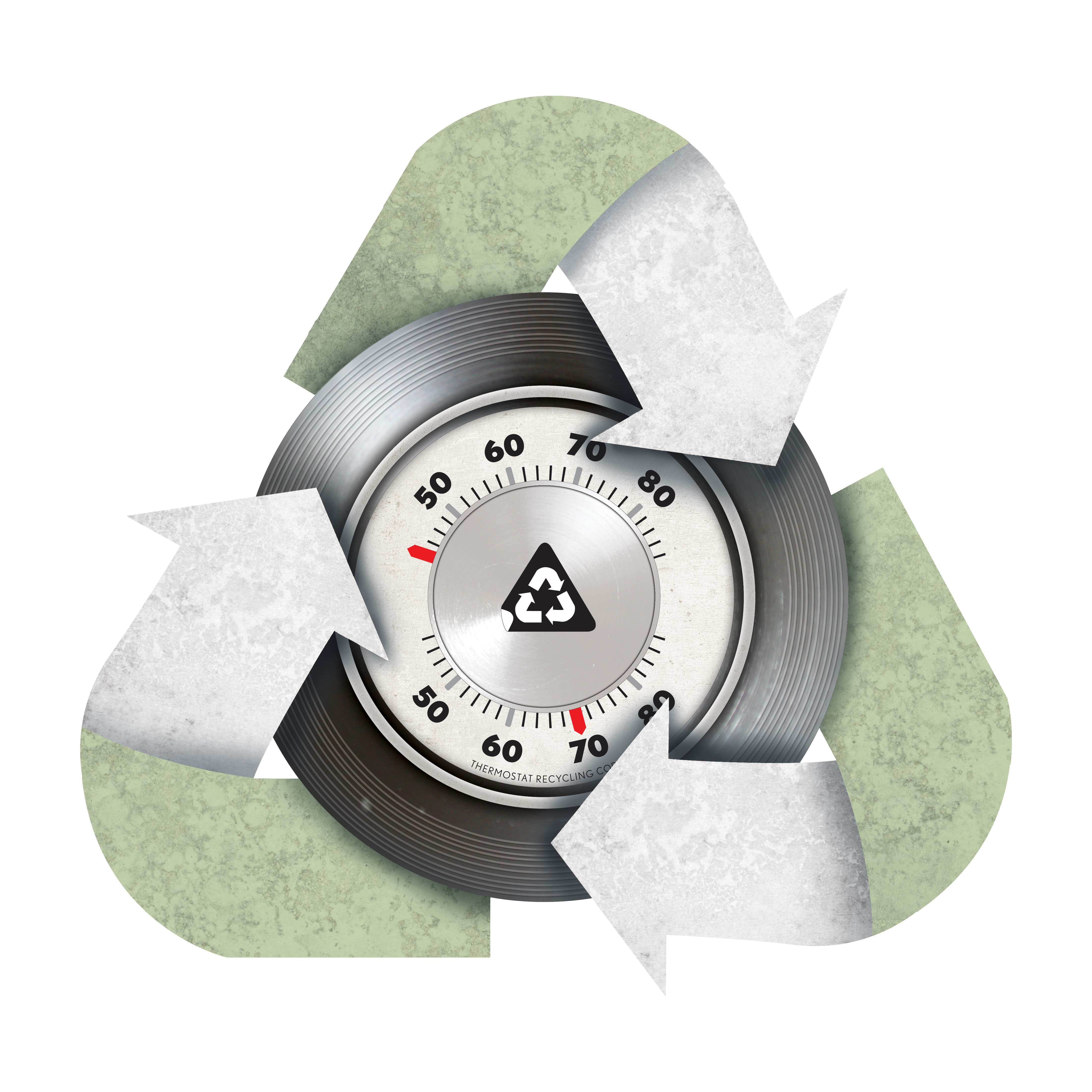TRC Makes an Impression in the EPA’s Smart Sectors Program

It would be challenging to think of a more cliché driven-subject than the issue of better communications in the business world. Yet all of us know that misunderstanding, misinterpretation, prejudice and reinforcement of what we want to believe end up playing a negative role in slowing up progress toward effective communications. We see it on smaller tasks and against a larger canvas involving strategic initiatives. Unfortunately, we only develop a sense of scale or judgment — what went wrong — when we take a step back and reassess.
And that is precisely what TRC did by creating a dialog with officials at the Environmental Protection Agency’s Smart Sectors Program. Before explaining TRC’s involvement, we need to understand the program’s goal. It is a “partnership program to collaborate with regulated sectors and develop sensible approaches that better protect the environment and public health,” according to the EPA.
Sounds sensible. And at the risk of oversimplifying, when you have potential disharmony and perception of conflicting goals, it really starts with dialog, no matter how trite that might sound. It appears the EPA wisely took this path. Its Smart Sectors program also inherently suggests that business sectors are not uniform in their environmental footprint, and by understanding each industry’s unique issues and perspectives, a more targeted solution(s) might emerge.
TRC brought its goals to the EPA, including our involvement with utility companies. Our fundamental aim is relatively simple, and as environmental stewards focusing on one product, it became essential to us that the EPA understood that we could become a stalwart partner for the removal and safe recycling of mercury-containing thermostats. In a sense, we informed them that we were the experts on this subject because that’s all that we do.
We’ve made some progress. On the EPA’s website, there are references about what TRC does, and here is an example: https://bit.ly/2XHh3cw. We created several touchpoints, if you will, for anyone who might have questions about mercury-containing thermostats.
We have also made inroads with the EPA’s EnergyStar program that provides further exposure of our message to a relevant audience.
Our next effort was to meet with utility companies under the Smart Sectors umbrella to better coordinate our recycling efforts with their contractors, who implement energy-efficiency programs that often include the recycling of old, mercury-containing thermostats.
Progress on this issue has been slow but heartened by the EPA’s understanding of how TRC’s goals mesh nicely with many utility programs’ outreach efforts nationwide.
By working with and through the EPA, we gain a certain gravitas that no one can afford to ignore because the government is always a power player in the room. This connection, we hope, will assist us in promoting and offering TRC’s wealth of experience to utilities given our aligned goals. We have pointed out that there are the environmental issues associated with the lack of or improper recycling of thermostats that utility-sponsored contractors might confront when conducting energy and efficiency inspections and upgrades.
There is a certain utility (pun intended) by lining up utility company efforts with our own expertise. Beyond the obvious, using a free service with an organization that leads the industry in its singular goal, are public perception issues. Utilities that fail to be preemptive and thorough on this issue could result in adverse publicity if activists in the poor and underserved communities begin to point to the environmental justice aspects associated with mercury-containing thermostats. That could create a negative public relations cloud that everyone wants to avoid. We intend to close the circle of initial contact — TRC, the EPA and various utilities — to create a working blueprint for future cooperation under the Smart Sectors Program.
Where does this leave us? As one environmental expert and former EPA official says, “it’s slow going.” That shouldn’t surprise us. What is important are the seemingly small but not insignificant positive “hits” that we’ve gained in recent years. We anticipate future dialog and meetings that will hopefully lead to some type of agreement with forward-looking utility companies that will enhance their energy-efficiency efforts and our unrelenting goal of safely recycling a dwindling supply of mercury-containing thermostats.
And to use a baseball analogy, you can win a game with hits without ever slamming a home run.

